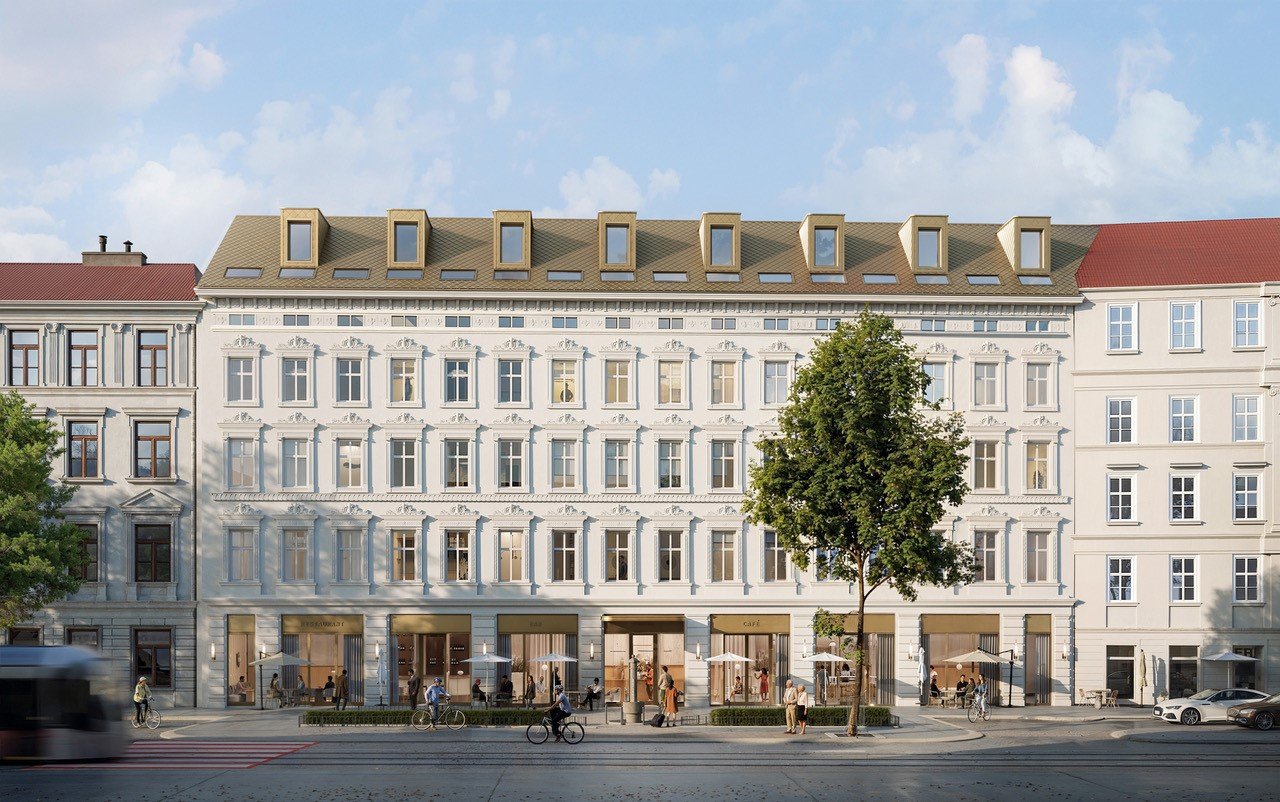Student accommodation in the Czech Republic and across Europe is undergoing a major transformation. In the Czech Republic, there are currently over 315,000 university students, including more than 56,000 international students. In Prague, nearly three students compete for every available bed, highlighting a significant shortage of capacity. Analyses by the real estate consultancy Cushman & Wakefield confirm that demand for student housing far exceeds supply, resulting in rising prices and notable regional disparities.
Europe: A Student Housing Market in Transition
Across Europe, student accommodation has become a central topic in the real estate sector. The market is attracting growing interest from investors, who increasingly see purpose-built student housing as a promising opportunity within the broader living sector. This enthusiasm is driven by several factors: more young people are pursuing higher education, international student mobility is increasing, and demographic shifts are reshaping demand.
At the same time, the supply of student accommodation is struggling to keep up. In many countries, students face competition for available beds, which puts upward pressure on rents and increases the importance of quality and availability. The construction of new facilities has been hampered by recent global events and rising building costs. Despite these challenges, investor confidence remains strong, with expectations that the sector will continue to grow and attract capital.
Czech Republic: Stable Student Numbers, Capacity Shortages, and Regional Differences
Student accommodation in the Czech Republic is becoming an increasingly important issue. More than 315,000 students are currently enrolled at Czech universities, including over 56,000 international students. Although the number of students has increased only slightly in the past five years by an average of 1 percent per year, regional differences are significant. While Prague is experiencing stable growth, cities such as Brno and Ostrava are still recovering from previous declines. For example, the number of students in Brno fell from over 75,000 in 2010 to approximately 63,000 in 2024.
The supply of accommodation has not kept pace with demand, especially in major cities. Cushman & Wakefield’s analysis shows that the availability of student housing is limited, and prices vary significantly by region and provider type. In 2024, there were 165 facilities providing student accommodation in the Czech Republic, with a total capacity of 67,863 beds. The public sector offers 60,219 beds, while private providers have 7,644 (about 11 percent). The largest capacities are in Prague (28,067 beds), Brno (13,672), and Olomouc (4,907).
The largest public providers include Charles University (10,829 beds) and the Czech Technical University (7,567 beds). In the private sector, CPI Hotels (1,761 beds) and Karlín Group & International Campus (675 beds) are the leaders. Many of the facilities provided need significant capital investment.
According to Cushman & Wakefield, there are 2.9 students per bed in Prague and 3.5 students per bed in Olomouc, highlighting the limited availability of accommodation, especially in university cities.
Kamila Breen, Head of Research, Cushman & Wakefield: “The Czech student housing market is facing a critical capacity shortage. Universities currently offer fewer than 68,000 beds, while there are over 315,000 students. In Prague, nearly three students compete for a single bed, and similarly unfavourable ratios are reported in other university cities, driving up dormitory prices. However, this situation also presents a major opportunity for investors.”
Student housing prices vary significantly by region and provider type. In Prague, the average price in the public sector is around 6,030 CZK per bed per month, while private sector prices reach up to 12,710 CZK per bed per month. In the regions, prices are lower. Public accommodation averages 4,610 CZK per bed per month, private accommodation 8,790 CZK per bed per month.
Challenges and Opportunities Ahead
Student accommodation is a vital part of university life. The availability and quality of housing affect not only student comfort but also the attractiveness of cities and universities. The Czech market faces capacity shortages, rising prices, and regional disparities. At the same time, there is room for new investment, innovation, and the development of high-quality student housing.
Alina Cazachevici, Head of Valuation & Advisory, Hospitality & Alternatives, CEE&SEE, commented: “Student housing represents a strong investment opportunity in the Czech Republic, especially in key cities, due to strong demand and limited supply growth. Part of the current offering is outdated and requires significant capital investment. This creates opportunities for investors to capture the demand for modern, high-quality student accommodation.”







